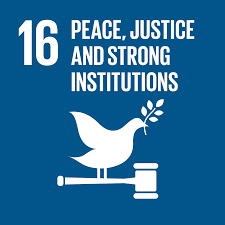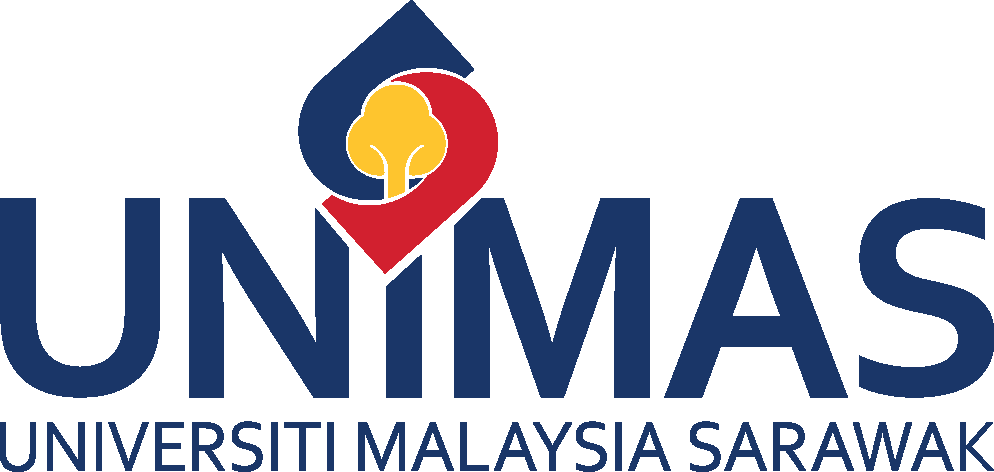
PEACE, JUSTICE & STRONG INSTITUTIONS
Provide outreach, general education, upskilling and capacity-building to policy and lawmakers on relevant topics including economics, law, technology, migration and displacement, and climate change
No. | Description | Evidence | ||||||||||||
|---|---|---|---|---|---|---|---|---|---|---|---|---|---|---|
1. | UNIMAS is reinforcing its commitment to sustainability by embedding ESG (Environmental, Social, Governance) principles into its core mission. At a forum called “The Future of ESG”, they brought together regional experts to discuss how ESG is becoming central to modern organizations, touching on environmental responsibility, social equity, and governance transparency. A keynote speech titled “ESG for a Better Future”—delivered by a UNIMAS leader—highlighted that ESG isn’t optional but a strategic imperative, urging institutions to integrate ESG into their overarching vision for long-term, positive impact. | |||||||||||||
2. | UNIMAS hosted the Sarawak Sustainability Insights Conference on 29 October 2024, where Sarawak’s Sustainability Blueprint — a plan for a low-carbon economy, green infrastructure, and social equity — was unveiled. The university aligned its Low Carbon Campus efforts with the blueprint, advancing renewable energy use (like solar), waste-reduction programs (recycling, composting), and circular economy practices through a “circular lab.” UNIMAS is also preserving biodiversity via eco-friendly landscaping, building energy-efficient infrastructure, and embedding sustainability into its campus culture by involving students and staff in eco-initiatives. To measure progress and remain transparent, they use an in-house GHG (greenhouse gas) dashboard for ESG reporting. Looking forward, UNIMAS is committed to deepening these sustainability efforts, positioning the campus as a model of environmental stewardship and contributing actively to Sarawak’s green vision. | |||||||||||||
3. | Universiti Malaysia Sarawak (UNIMAS) and Universiti Malaysia Sabah (UMS) conducted a Price Stabilization Study in Sabah and Sarawak to identify the most effective methods for stabilizing the prices of goods in the region. According to a statement from the Ministry of Domestic Trade and Cost of Living (KPDN), the decision was made during the committee’s first meeting, chaired by the Deputy Prime Minister and Minister of Energy Transition and Water Transformation (PETRA), Datuk Seri Fadillah Yusof. | |||||||||||||


